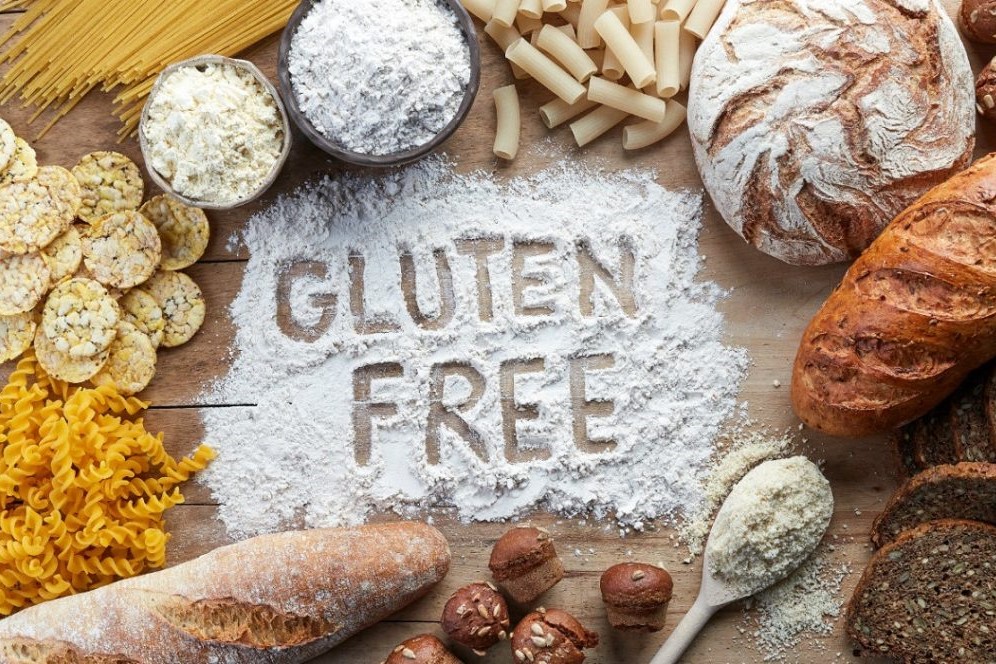
Coeliac disease: how to recognise it and what foods to avoid
Coeliac disease is a chronic autoimmune disease that causes an immune reaction in the body to gluten intake
In Italy, more than 200,000 patients suffer from coeliac disease, but in reality, taking into account undiagnosed cases, perhaps because they are asymptomatic, the actual number would be around 600,000.
The coeliac condition is a disease that is diagnosed at different stages of life, both in infants only a few months old and in adults who may be asymptomatic.
The immune reaction triggered by the coeliac condition, however, if not diagnosed and treated, can lead to inflammation of the small intestine and intestinal villi, which prevents the proper absorption of nutrients and seriously compromises the health of the person concerned.
What is gluten and how does coeliac disease develop?
Gluten is a protein complex found in many cereals, such as barley, wheat and rye.
Following the intake of gluten, the celiac develops the intestinal inflammation that is the basis of the disease.
For this reason, the therapeutic indication is to completely avoid eating any food that might contain even small traces of gluten.
Although the triggering agent is this protein, the coeliac condition is a multifactorial disease, triggered in the susceptible individual also by physiological factors (e.g. gastrointestinal infections, pregnancy) or other autoimmune diseases associated with the coeliac condition, such as type 1 diabetes mellitus, thyroiditis, rheumatoid arthritis, and genetic syndromes such as Down’s syndrome and Turner’s syndrome.
What are the symptoms of coeliac disease?
Not always the adult patient is symptomatic, but generally the inflammation caused by the ingestion of gluten in the coeliac patient causes gastrointestinal symptoms such as diarrhoea, meteorism, abdominal bloating, abdominal cramps and weight loss.
There are also other symptoms that should not be underestimated, such as mouth ulcers, tingling in the hands and feet, alopecia and muscle weakness, as well as anaemia, loss of bone density and convulsions.
If you suspect that you have coeliac disease, it is very important not to improvise DIY diets, which could be harmful to your health, but to consult a specialist who, with the appropriate tests (blood tests and, in the event of a positive result, gastroscopy with biopsy of the duodenum) will diagnose the disease.
Read Also:
A Baby’s Gut Bacteria May Predict Future Obesity


